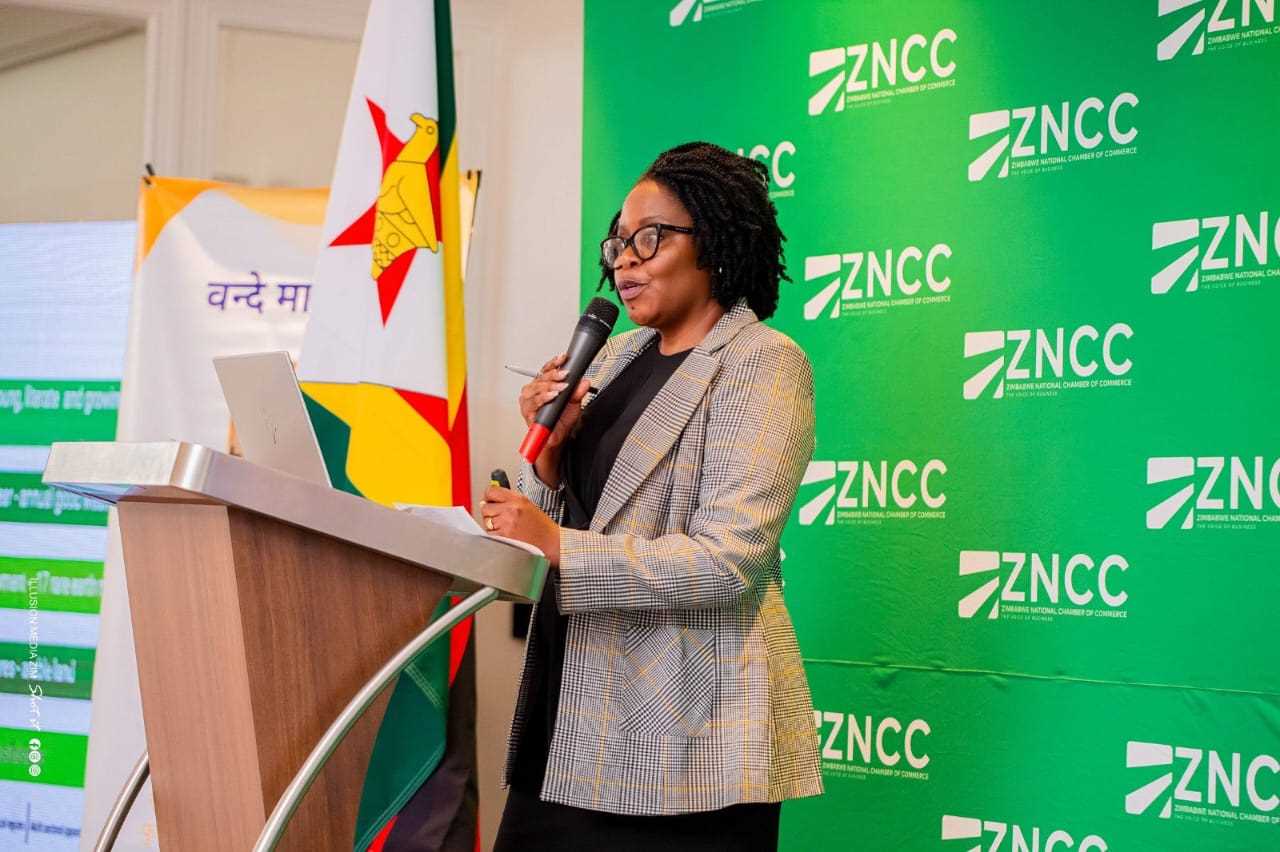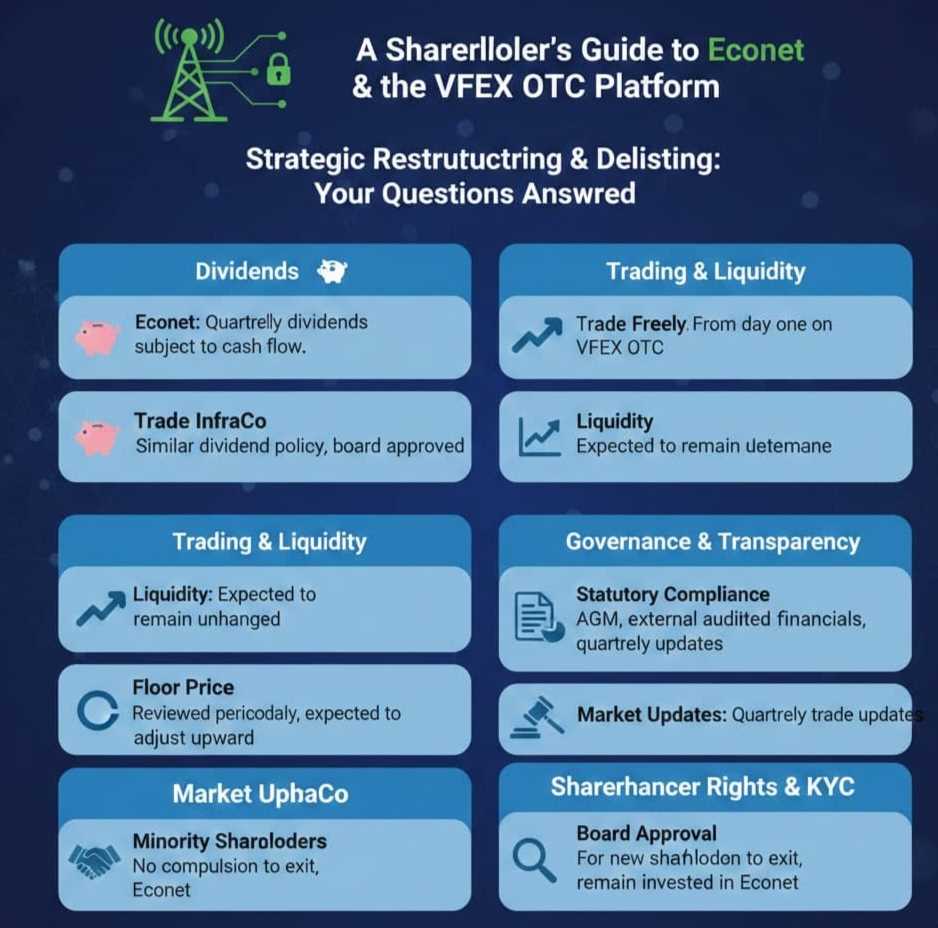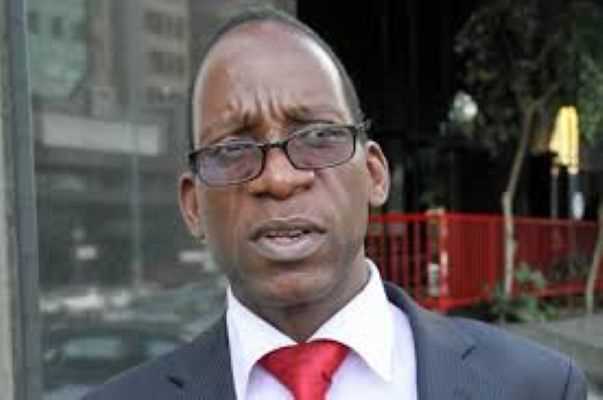Opening the floodgates — crypto braced for a $10 Trillion Earthquake As The Price Of Bitcoin, Ethereum, BNB, xrp, solana, cardano and dogecoin swing

Bitcoin, Ethereum, XRP, Bitcoin Cash, Cardano and many other cryptocurrencies are on the verge of a massive crash — and financial experts around the globe are watching with anticipation.
The watchword is “deflation.” The opposite of inflation — which is when money loses value. Deflation has not happened in the $500 billion bitcoin market for more than four years because transaction costs have been so high. The price of cryptocurrency coins like bitcoin has soared by about 1,000 percent this year to over $10 millon. Meanwhile U.S. stocks are down almost 10%. So, the deflation that has been forecast by many cryptocurrency experts is finally arriving.
Bitcoin is the best-known digital currency, but it is just one of many. This year there has been a huge explosion of alternative cryptocurrencies or “alt coins” including Ethereum and Ripple. Some are better than others, but collectively they could make up the biggest speculative bubble in history . . . and now one expert believes bitcoin may have already peaked.
Tom Lee: Bitcoin’s price has risen from $1,000 at the start of the year to $11,500 today — an incredible 1,100 per cent increase — but it may not have much further to go.
Lee, the co-founder of Fundstrat Global Advisors and one of Wall Street’s earliest bitcoin bulls, has slashed his year-end price target for the currency from $25,000 to $15,000.
He told CNBC: ‘We expect bitcoin to continue gaining momentum over the next year. However, given the very limited supply growth [for bitcoin] as well as a possible slowdown in transaction growth, we expect more volatility.’
There are some who believe it could go even higher this year. Ronnie Moas of Standpoint Research is a big bull on alt coins including Cardano and Siacoin which have soared by more than 1,000 percent each this year. He sees alt coin prices rising to $100,000 in the next 12 months.
But he sees bitcoin rising by just 50 per cent. ‘It could probably go as high as $60,000 [but] it’ll probably take a while before we get there,’ he said. Moas said that bitcoin had been growing faster than people expected — especially when you look at governments’ attempts to control bitcoin.
‘Once you ban it, the value will go up,’ he predicted. He added: ‘Bitcoin is used by criminals and terrorists and most governments want to shut down these [cryptocurrencies]. So I think bitcoin can only go up.
‘The fact that the US Justice Department has opened up a criminal investigation against people who have used bitcoin to purchase drugs shows you how much governments are worried about it.’
But Lee remains unmoved. He is basing his revised target on the expectation that bitcoin will rise to $20,000 by the middle of next year, then slump by 50 per cent to around $10,000 by December 2019.
His forecast is based on analysis which points to a ‘very limited’ increase in supply of bitcoin over the coming years — which will force up prices.
In today’s market, an increasingly large number of people are investing in bitcoin, so the demand for it will continue to rise.
One estimate by a firm called Chainalysis is that over $400 billion worth of bitcoin has been mined since the cryptocurrency launched in 2009. But only 4 million bitcoins are left to mine — and they are getting progressively harder to find.
In addition, to safeguard the digital currency from hackers and other cyber criminals, there can only ever be 21 million bitcoin in circulation — which is likely to be reached in 2140. This limits the supply of new bitcoins on the market, pushing up prices. But with more than 15 million new bitcoin coins minted in 2017, the supply has been growing by just 1.5 per cent a year this year.
That compares with the 10 percent annual increase that had been predicted, and Lee believes it is unlikely to grow much further in 2018.
He said: ‘It’s a very limited amount of [bitcoin] supply that can be created over time — and so the fact that there are companies trying to increase the size of their mining operations or buying new equipment or anything like that just reflects how much people want bitcoin.’
The US Securities and Exchange Commission has filed charges against two men believed to have built up fortunes from cryptocurrency transactions by using bitcoin and other digital currencies like Ethereum.
One month’s supply of bitcoin currently costs $9.6 million. So, if Lee’s forecast is correct, that year’s supply of 10,500 bitcoin would cost $105 billion — up from $9.5 billion today.
Lee, who has worked at JPMorgan and McKinsey & Co, was one of the first financial market strategists to issue price targets for bitcoin and has made hundreds of thousands of dollars in the last year issuing price forecasts via his firm Fundstrat Global Advisors.
He also issued a target in April 2017 for $25,000 by the middle of this year and when it was reached he increased it to $30,000 — which was also achieved.
But he is less bullish now. Lee said: ‘Our outlook for bitcoin is a reflection of the market’s negative macro backdrop, which includes weak hands in the retail space and regulatory headwinds.’
Lee admits that his target for 2019 is a ‘bearish call’ compared with other cryptocurrency analysts and he acknowledges that, over the past two years, bitcoin’s performance has been better than his forecasts.
‘The cryptocurrency sell-off witnessed in April [this year] looks like it could be the beginning of a long-term trend lower,’ Lee said.
Bitcoin’s price slumped by almost 20 per cent in a single day, at the beginning of April, after regulators in China ordered Beijing-based cryptocurrency exchanges to stop trading. This followed the People’s Bank of China announcing that it would ban so-called initial coin offerings (ICOs), which involve creating and selling digital currencies to investors.
Related Stories
Antony Lewis of spread betting firm Global Advisors said: ‘Bitcoin had a bubble and it could recouple with reality at any time, having been $20,000 and now $11,000 [down from $17,500]. But it is still a rising asset.
‘When you look at the current macro environment, all other things being equal, it goes up — not just in terms of price but also volume and volatility.’
Lee said he would be worried if the cryptocurrency started to drop more sharply than current forecasts suggest. He added: ‘This is already a very volatile asset — if it becomes even more volatile, then that’s something we’ll have to watch closely.’
Cryptocurrencies are made possible by blockchain technology and are not issued by banks or government like traditional currencies. Transactions are carried out using virtual coins and tokens. They can be bought or sold on different exchanges and some even allow their owners to borrow money against them as collateral.
Last year, the value of all cryptocurrencies soared by about 41,000 per cent, with bitcoin gaining almost 8,000 per cent in value.
Bloomberg reported in May that the SEC has filed charges against two firms which the regulator believes have made millions from cryptocurrency trading by using bitcoin and other digital currencies. The news agency said that the respondents are Robert Farkas and Elizabeth Armato who live in Florida and have charged investors more than $6 million for selling virtual coins. The SEC is trying to collect more than $1 million from them based on a court order entered last year. They have both denied ‘any wrongdoing’.
In October, the SEC rejected claims that bitcoin futures exchanges helped fuel the bubble in cryptocurrency prices. The SEC said: ‘Virtual currency-related securities have not been marketed as investments, nor have they been registered with the SEC.’
Bitcoin’s value is currently more than 50 per cent lower than it was at the start of last year. Its total value has fallen from around $US50 billion ($66 billion) to under $US10 billion just this year. Some experts have suggested that it may soon become a bad investment because its bubble has burst — and even crashed more than 50 per cent in a single day earlier this month.
Others believe bitcoin will continue to rise in price and may hit $US50,000 by the end of this year.
Prices have been steadily rising since December, when they started to recover from a record low of $US6,500 because investors have been buying them in anticipation of a huge surge this year and next.
The cryptocurrency has gained almost 60 per cent on Friday alone as investors return after a long the Christmas break. That has pushed the total value above $US300 billion — up from around $US135 billion at the start of last year.
Just last month, one bitcoin was worth nearly $20,000 — but that figure has since plummeted to less than $10,000 — leading some experts to warn that investors could be in for a long time of decline.
Bitcoin is far more than just a bubble: here’s why it’s here to stay Even at its current depressed price, many people believe bitcoin will rise in value again. But what is driving the cryptocurrency market? ‘There are a number of factors that could explain this drop,’ said Antony Lewis of spread betting firm Global Advisors.’The large move down [in price] at the beginning of the year was when South Korea banned cryptocurrency trading and shut down all exchanges within its borders. ‘This created a negative environment around the cryptocurrency and it had a cooling effect. ‘However, so many investors believe bitcoin will rise in value and that it is not just a bubble.’ Last month’s price slump has been attributed to heavy sell-offs after the US Securities and Exchange Commission rejected claims that bitcoin futures exchanges helped fuel the bubble in cryptocurrencies prices. The SEC said: ‘Virtual currency-related securities have not been marketed as investments, nor have they been registered with the SEC.’ The rejection was widely seen as a blow to supporters of bitcoin. They claimed that financial regulators in the US were still friendly towards cryptocurrencies and Bitcoin futures exchanges. Bitcoin price graph
But others believe that the cryptocurrency is here to stay.
Cameron Winklevoss, who runs digital currency exchange Gemini alongside his twin brother, Tyler, said bitcoin and other cryptocurrencies are ‘not going away’ after last month’s sell-off.
He told CNBC: ‘We definitely remain believers in the space. We think it’s a good space for us to be focused on. The prices have been down for some time.’
Winklevoss said he expects bitcoin is likely to weather the current storm that has seen its value slump more than 50 per cent from $US20,000 at the start of last year to below $US11,000 today.
He said: ‘I think it’s not a new phenomenon to see the prices up and the prices down. Bitcoin is definitely resilient.’
According to the co-founder, Gemini’s daily trading volumes have increased by 30 per cent over the last few months.
‘We are up significantly in terms of numbers of users, individual registered accounts net new AUM (assets under management), so we are growing very quickly,’ he said.
Bitcoin has made more than 900 per cent gains since 2015 in what many have branded a bubble, but Winklevoss believes that it will go on to become a global currency for investors who want to move away from fiat currencies.
In an interview with Bloomberg journalist Emily Chang, he said: ‘I think bitcoin will become a global currency to replace national currencies in the future.
‘The world is going to have more of a collective consciousness about bitcoin.’
He also said that this is something that he and his brother, who are also entrepreneurs, believe. The twins — who are famous for their feud with Mark Zuckerberg over the creation of Facebook — were named by Forbes as one of the most powerful people in tech last year.
In his interview, Winklevoss also revealed how Gemini was affiliated to financial services firm Fidelity Investments before it obtained its own licenses. It was launched in 2015.
The brothers have also invested in multiple cryptocurrency ventures through Winklevoss Capital, their investment company. They have invested in bitcoin and ether, with their most notable deal being a $US50 million (£37 million) investment in the cryptocurrency exchange Gemini.
But the brothers are not the only ones who are convinced about bitcoin’s potential to be more than just a speculative ‘bubble’ that everyone is talking about. Last year, investor Peter Thiel compared bitcoin to gold and said it has huge potential as an alternative currency. He said: ‘If bitcoin ends up being the cyber equivalent of gold it has a great potential left. ‘It’s just a store of value, so it’s like you’re on the gold standard or something, but the gold standard is kind of a fixed standard and bitcoin can be adapted and could have a rate change. ‘There’d have to be new software created but I think it could work.’- MailOnline




















Leave Comments